Libya's impending drinking water crisis
-
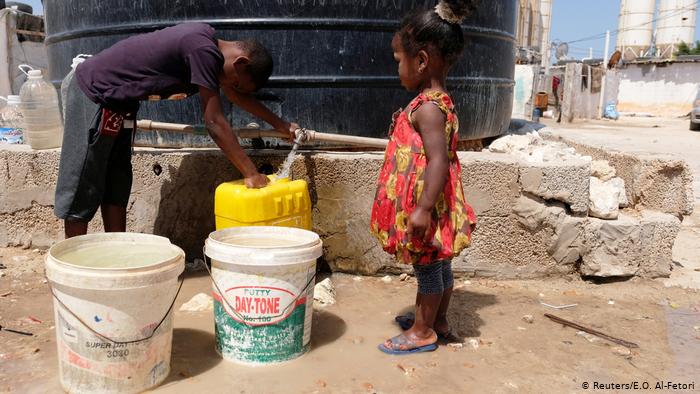
Lack of basic necessities: a health system crisis is looming in Libya. The western parts of the country in particular are running out of drinkable water. 101 of 149 conduits of the water supply system have already been destroyed in the wake of recent fighting -
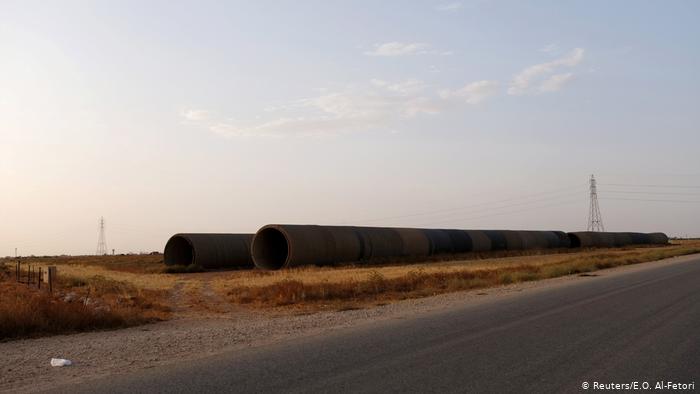
Modern water pipeline infrastructure deteriorating: Libya is mainly made up of arid desert. Under dictator Muammar Gaddafi, a vast pipeline system known as the "Great Man-Made River" was constructed during the nineteen eighties. These pipelines supply more than 70 percent of Libya's population with fresh water. However, since the fall of Gaddafi, the system has been damaged time and again -

Civil war and chaos: since Gaddafi was toppled in 2011, the country has descended into chaos. The internationally recognised government in Tripoli is weak and not in control of large parts of Libya. On the other hand, renegade General Khalifa Haftar and his self-styled Libya National Army (LNA) control large areas predominantly in the east of the countryCivil war and chaos: since Gaddafi was toppled in 2011, the country has descended into chaos. The internationally recognised government in Tripoli is weak a -
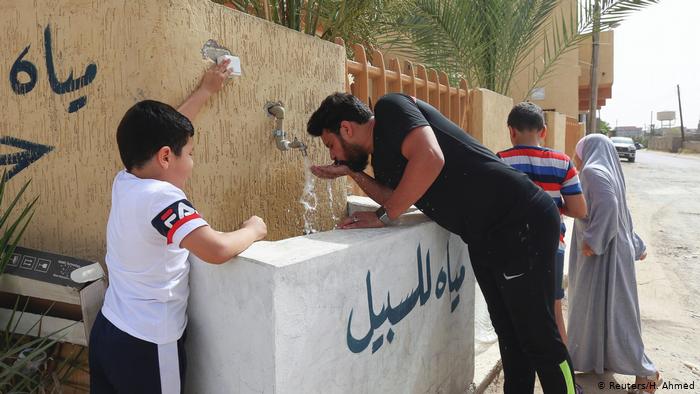
Target Tripoli: the LNA, in particular, has been using the water pipeline system in order to push through its demands, thereby endangering Libya's population. In May, armed forces loyal to Haftar forced water supply employees to cut off the main water pipeline to the besieged capital, Tripoli, for two days, in a bid to press authorities to release a prisoner -
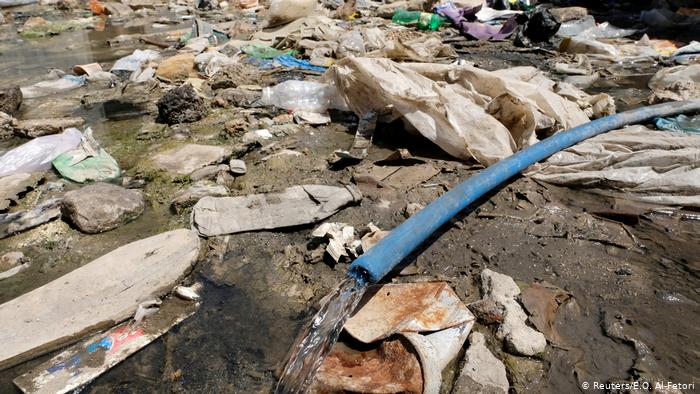
Water as a weapon of war: it's not only the rebel groups who are exploiting the water supply system to further their interests. People also dismantle well heads to sell the copper theyare made of. The United Nations have warned all sides in Libya not to use water as a weapon of war -
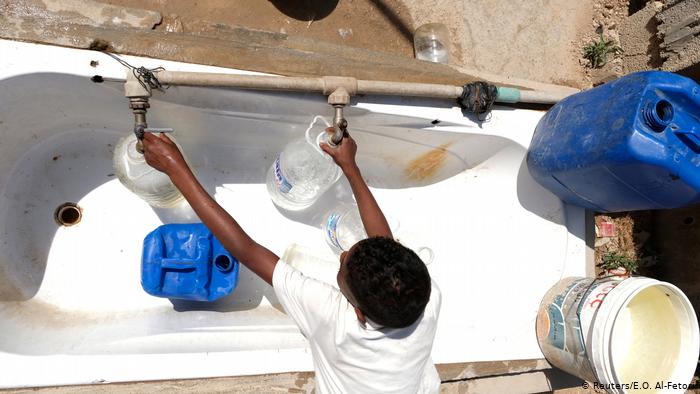
Health hazards: Mostafa Omar, a UNICEF spokesman for Libya, estimates that, in future, some four million people might be deprived of access to safe drinking water if no solution to the conflict is found. This could result in outbreaks of hepatitis A, cholera and other diarrhoeal illnesses -
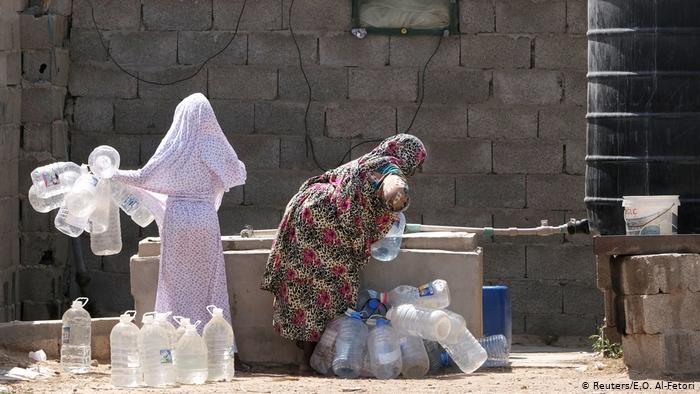
Drinking water not fit to drink: water is not only scarce, but it's also contaminated in many areas. Bacteria or a high content of salt make it unfit for consumption. "In fact, it's often no longer drinkable water," says Badr al-Din al-Najjar, head of Libya's National Centre for Disease Control
https://qantara.de./en/node/24027
Link
To all image galleries
